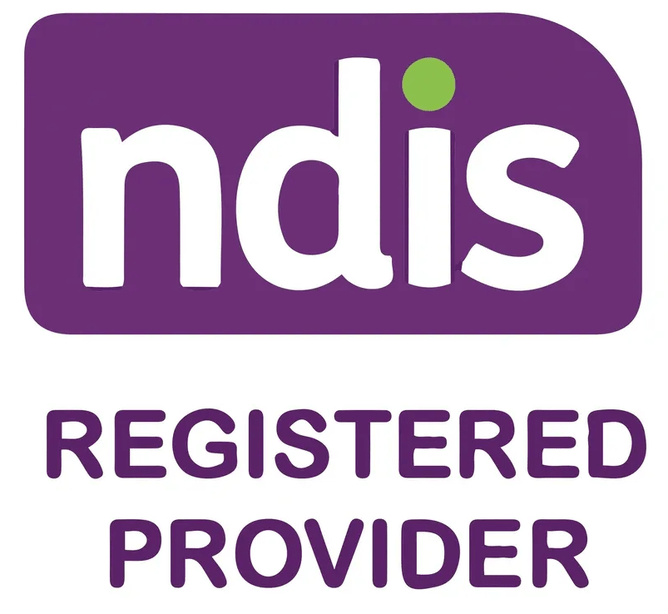In the National Disability Insurance Scheme (NDIS), providers are organisations or individuals who offer services and support to individuals with disabilities. The difference between a registered and non-registered NDIS provider lies in their level of compliance with NDIS standards and requirements.
A registered NDIS provider has been approved by the NDIS commission and meets the standards set by the NDIS Quality and Safeguards Commission. This includes having a clear governance structure, financial stability, and a history of providing quality services and supports. Registered providers are also required to have insurance and to have met the necessary police and working with children checks.
In contrast, a non-registered NDIS provider is not subject to the same standards and requirements set by the NDIS Quality and Safeguards Commission. These providers may not have the same level of governance, financial stability, or quality of services as registered providers. Additionally, they may not have insurance and may not have undergone the necessary police and working with children checks.
Individuals with disabilities who choose to use services provided by a registered NDIS provider can have peace of mind knowing that the provider meets the standard set by the NDIS Commission and is subject to ongoing monitoring and quality assurance. On the other hand, individuals who choose to use services provided by non-registered NDIS provider are not guaranteed that the provider meets NDIS standards and may not have the same level of protection and oversight with any NDIS exercise program they undertake.
In conclusion, the main difference between a registered and non registered NDIS provider is the level of compliance with NDIS standards and requirements. Registered NDIS providers have been approved by the NDIS Commission and must meet the standards set by the NDIS Quality and Safeguards Commission, while non-registered NDIS providers are not subject to these standards and requirements.
Holistic Strength is proudly a NDIS registered Exercise Physiologist in Perth and looks forward to helping you on your health journey.
